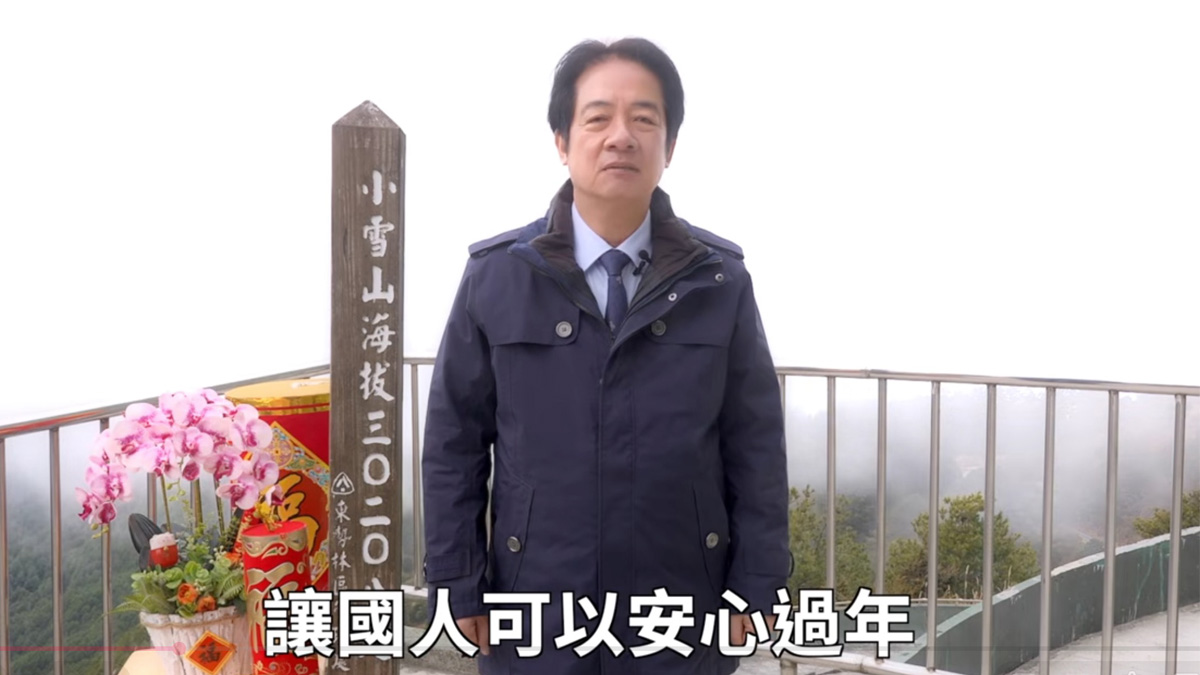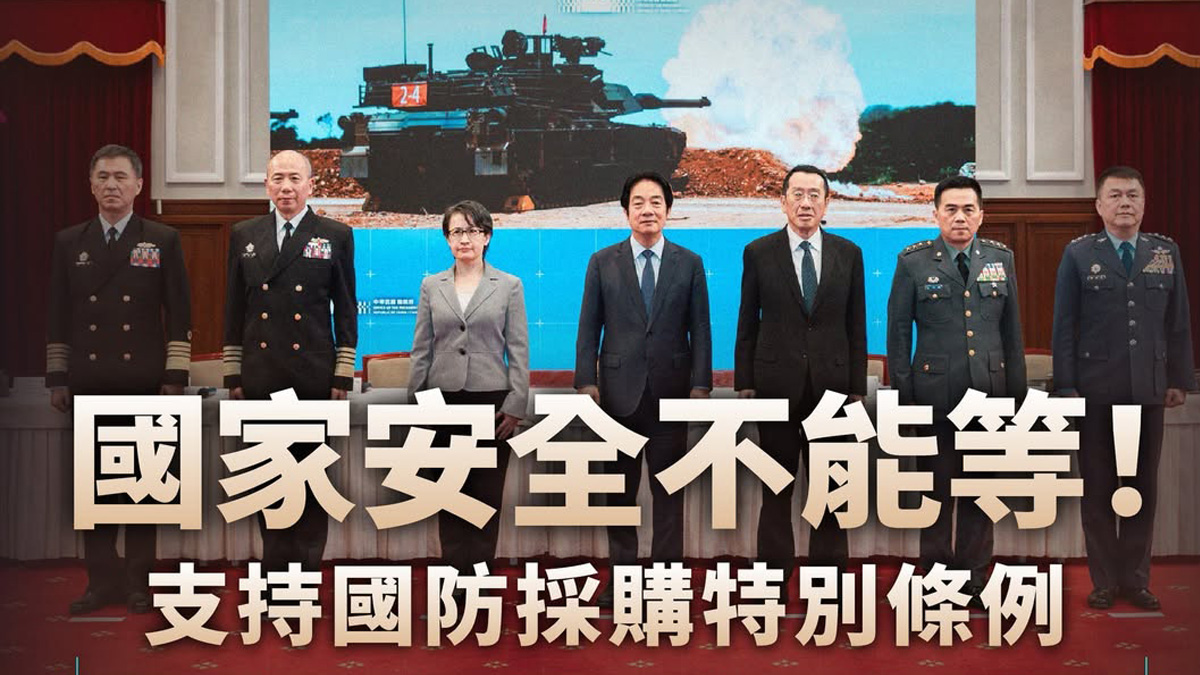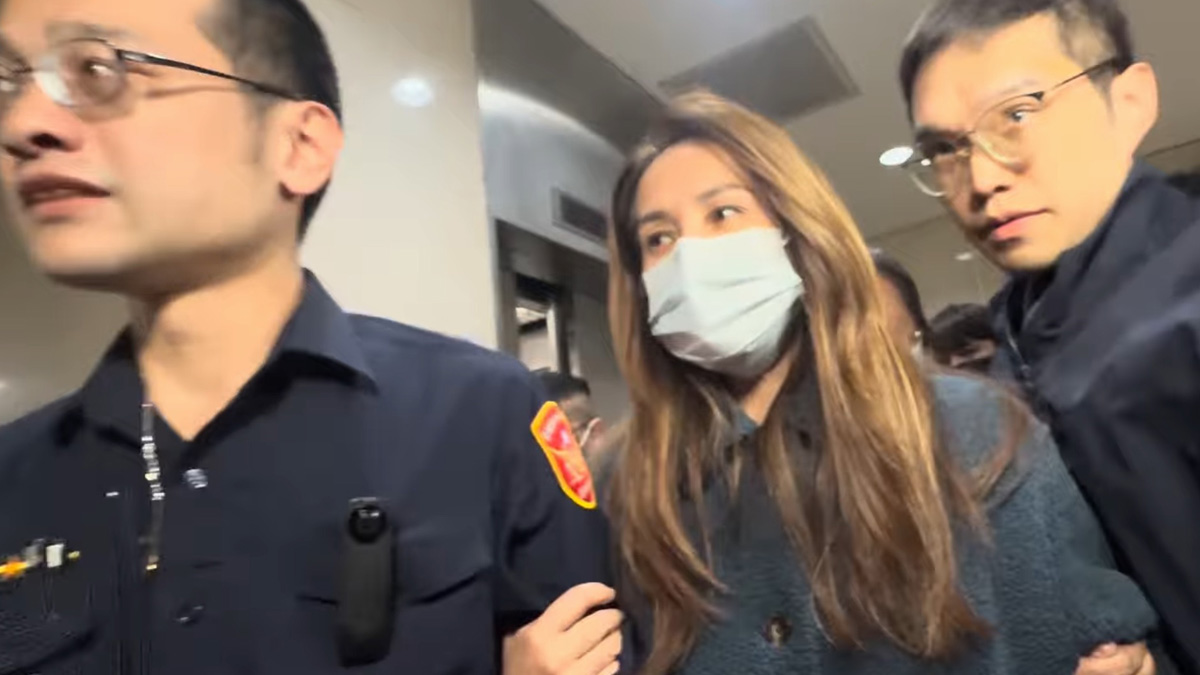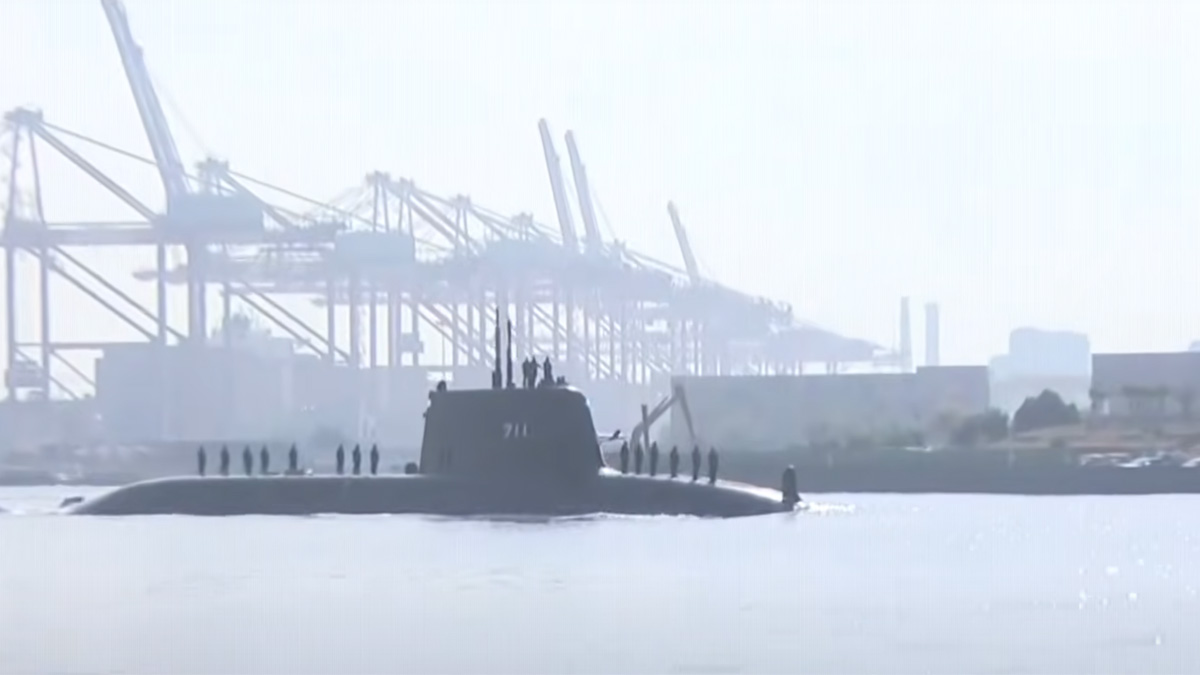Taiwan to tighten military draft exemption rules after entertainers caught dodging service
Taiwan will revise its military conscription criteria, incorporating BMI and medical record checks to prevent draft dodging. The move follows revelations that entertainers, including Hsieh Kun-da, falsified health records to evade service.
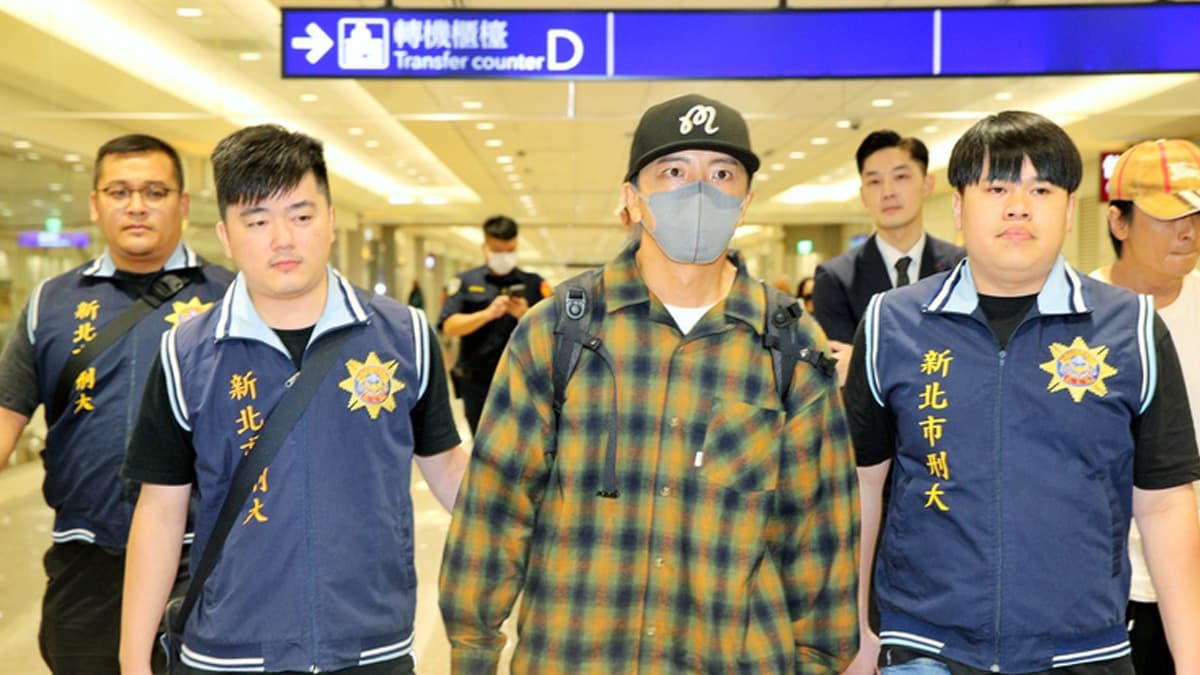
Taiwan's Ministry of the Interior announced on 22 October, 2025, that it would tighten the criteria for military draft exemptions by including medical history reviews and Body Mass Index (BMI) calculations, in addition to existing physical examinations.
The new measures come amid a public backlash following the arrest of Hsieh Kun-da (謝坤達), a member of the pop group Energy, who reportedly submitted falsified medical documents to avoid conscription. He was arrested by the New Taipei City Police Department at Taiwan Taoyuan International Airport.
Three out of the five members of Energy had previously received exemptions from military service on medical grounds. The case has reignited scrutiny over Taiwan’s exemption system and prompted the government to initiate reforms.
Minister of the Interior Liu Shyh-fang (劉世芳) told reporters that the changes are part of an ongoing collaboration with the Ministry of National Defense. This began in May 2025 after authorities found that 16 percent of conscription-age men in 2023 were exempted from mandatory service.
Liu said many exemptions were based on conditions such as obesity, cardiovascular issues, and mental illnesses. However, a review of records in the National Health Insurance (NHI) database revealed inconsistencies.
“After comparing records in the NHI database, we think it is highly unlikely that Taiwan has such a high percentage of men who can be exempt from conscription. Some of them might have forged medical documents,” Liu stated.
Authorities now plan to compare physical exam results with medical histories from the NHI database. Conscription-age men seeking exemptions will need to show documented evidence of health issues that justify their status.
The Ministry of the Interior also said it would benchmark its revised standards against conscription protocols in other Asian nations. These adjustments are expected to bring Taiwan’s processes more in line with international norms.
According to Director of the Department of Conscription Administration Sheng Che-fang (沈哲芳), conscripts may still qualify for exemption if their BMI is 45 or greater, but the new rules aim to close common loopholes.
“The new policy, once implemented, would make it almost impossible to dodge the draft by gaining weight,” Sheng said.
A BMI of 45 for an average 18-year-old male in Taiwan—whose average height is 1.721m according to a Health Ministry survey—would require a body weight of at least 133.3kg.
Previously, exemptions were automatically granted for conditions like hypertension or hypotension. Under the new system, these will be subject to in-hospital verification, and only those with cardiovascular disease risks will qualify for exemption.
Sheng added that the ministry is consulting medical professionals to potentially set the eligible BMI range for conscripts between 15 and 45. Those outside this range might still be permitted to serve, possibly in alternative capacities.
Currently, anyone with a BMI above 35 or below 15 is not required to serve. Men with minor flat feet, previously exempt, may now be directed to alternative military service. The current standard for exemption is a flat foot arch angle of 165°.
As part of the crackdown, prosecutors are also targeting medical professionals suspected of issuing false documents. Liu confirmed ongoing investigations, though further details were not disclosed.
Individuals found guilty of draft evasion will be required to complete their service if under the age of 36. For those older than 36, the ministry is reviewing potential legal approaches.
The Legislative Yuan is preparing amendments to the Enforcement Statute for Substitute Services (替代役實施條例) and related laws to close legal gaps. Liu said these changes will be drafted in consultation with the Ministry of Justice, Ministry of National Defense, and health authorities.
Currently, those convicted of draft evasion face a maximum of six months in prison. However, Liu suggested that the penalty may need revision, especially in light of the recent extension of mandatory service from four months to one year.


